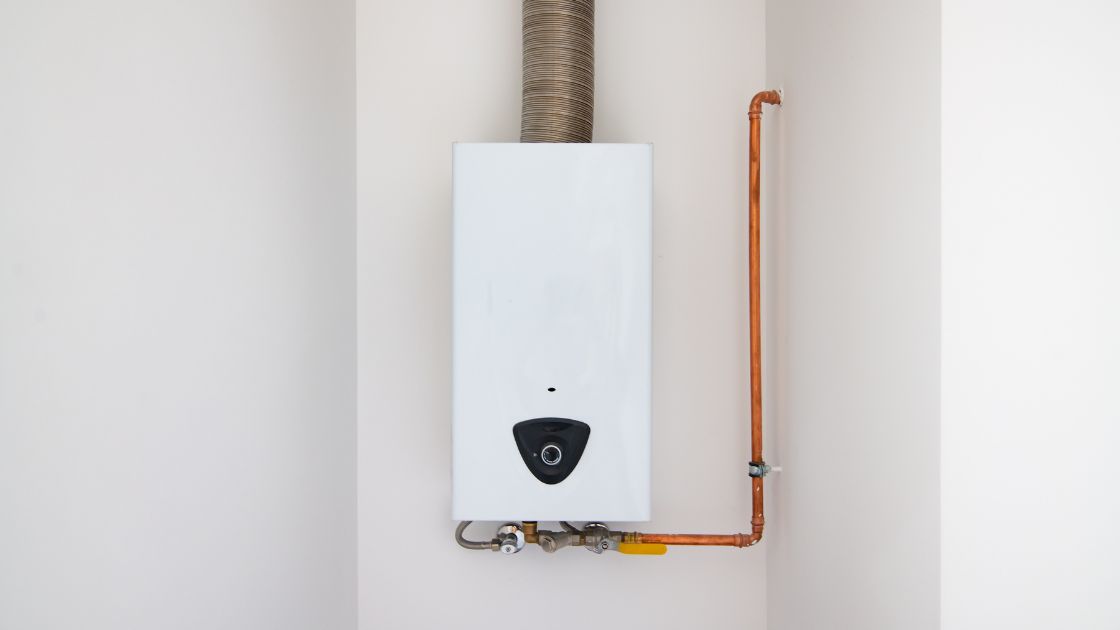Construction sites can be dangerous places. The lack of proper heating is one of the leading causes of worker injuries, and it’s also a major concern for construction managers who are trying to ensure that their workers are kept safe while they work. Fortunately, there are many ways that you can keep your workers warm on-site and even get them back up to speed faster. In this guide, we’ll look at some of the best temporary heaters available for construction sites as well as how they work and what precautions you must take so that everyone stays safe!
Heating can be a major concern on construction sites
Temporarily heating a construction site can be a major concern. Winter temperatures can be very low, and workers need to be warm and safe. Electric heaters can cause fires, while propane heaters are safer but require proper use.
Common issues with electric heater
- Electric heaters are not safe to use around water.
- They can start fires.
- They can cause burns and electrical shock if used in an unsafe manner or near flammable materials, such as paper or cardboard.
Choosing the right temporary heater
Before you select a temporary heater rental, it’s important to do your research. Several factors should be considered when choosing the right type of heater for your needs.
- Wattage: The wattage of the electrician’s tool is an important factor in making sure that it will work properly during construction activities. If you need a large amount of heat output, then a high-wattage portable electric heater may be more suitable than one with lower wattage ratings because they can provide more power without burning out easily under heavy use conditions like those found on construction sites where many people are working together at once.
- BTU Rating: The BTU rating refers specifically to how much heat energy per hour is produced by different types of fuel sources (i.e., natural gas vs propane). This information helps determine if certain brands offer better quality heaters compared with others due to their efficiency levels when compared side by side based on their respective BTUs measured over time under various conditions such as varying temperatures outside compared to inside buildings where temperatures fluctuate throughout seasons depending upon weather conditions caused by global warming trends occurring worldwide now thanks largely due technological advances made possible through advancements made possible through modern technology like computers which allow us now create new things faster than ever before allowing us now create new things faster than ever before allowing us now create new things faster than ever before allowing us now create new things faster.
Using propane heaters safely
- Make sure the heater is in a well-ventilated area.
- Keep it at least 10 feet away from flammable materials and make sure it’s not touching any combustible materials, such as wood or plastics.
- Remove all combustible material from around your propane heater before turning it on. This includes leaves, grass clippings, tree branches, twigs anything that could catch fire if you’re not careful!
- Do not use any electrical equipment near a temporary heater’s exhaust lines because this could cause an electrical shock or fire hazard if there is any contact between the two elements (i.e., an electric outlet).
Using a temporary heater offers the best way to keep construction site workers warm and safe while they work.
Before you begin, it’s important to make sure that your temporary heater is safe for use on the job site.
- Safety first! The first thing you should do when purchasing or setting up your temporary heater is ensure that it’s made from materials that won’t cause any damage or harm when working around other people or equipment on the construction site. Make sure there aren’t sharp edges that could hurt someone if they accidentally touch them during the normal operation of the device (e.g., metal parts). If possible, try testing out different models before buying so you know what kind works best with different job sites (e.g., if there are many pregnant women present at one location).
- Safety matters more than anything else when it comes down.
Conclusion
If you have any questions about using a temporary heater on your construction site, contact Preferred Climate Solution. We are happy to help!
Preferred Climate Solutions
14818 Park Almeda Dr, Houston, Texas 77047
713-305-6239

